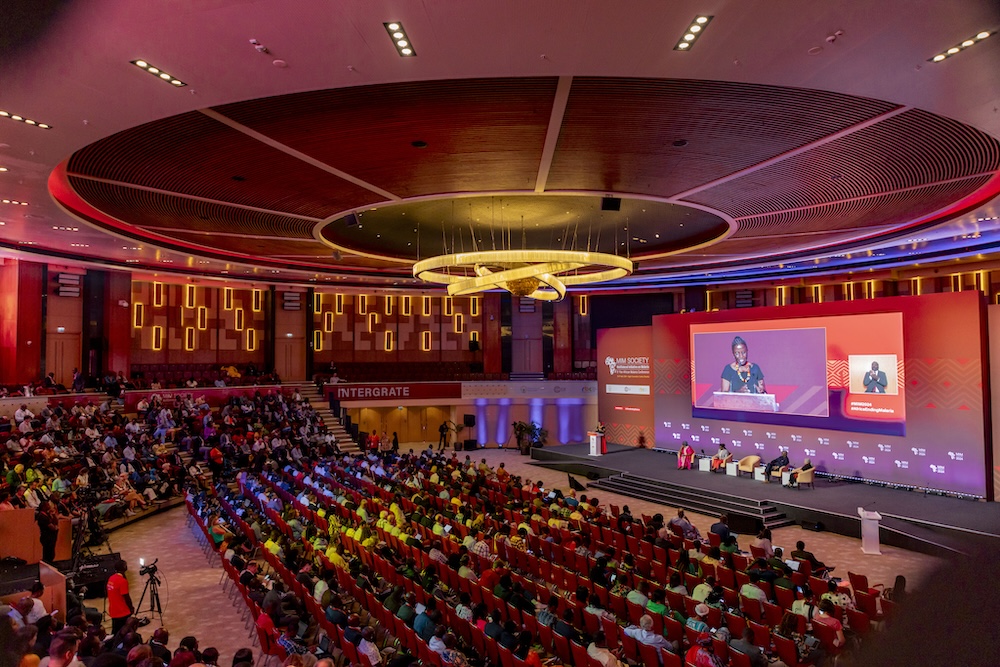ECOSOC at 80: Renewing Multilateralism in an Age of Global Uncertainty
On 23 January, the United Nations Economic and Social Council (ECOSOC) convened a commemorative session…
From April 21 to 27, over 1500 leading researchers, policy makers, and innovators gathered in Kigali, Rwanda for the 8th Pan-African Malaria Conference, to deliberate on the status of malaria in Africa, share research findings, and discuss challenges and efforts in controlling malaria on the continent. Convened by the Multilateral Initiative on Malaria (MIM) Society in collaboration with the Rwanda Ministry of Health and the Rwanda Biomedical Center (RBC), under the theme: “Grassroots Mobilization to End Malaria: Invest, Innovate & Integrate“, this year’s conference focused on community-driven efforts, innovation and research for a future free of malaria.
Every year, malaria kills over 608,000 people and infects over 249 million people. Most of these are children under the age of five. This stark reality is compounded by emerging challenges in the fight against the disease – such as growing resistance to current interventions and the impacts of climate change – underscoring the urgent need to step up the fight against malaria. Several sessions at the conference emphasized the need for a coordinated and integrated approach to malaria control and highlighted the importance of expanding the malaria toolkit to include all viable tools. Speakers called for increased investments in research and development to develop new tools and strategies aimed at accelerating the fight against malaria.

In his welcome note, the conference chair, Prof Claude Mambo Muvunyi, noted that it is crucial to bridge the gap between cutting-edge research and practical applications within communities. MIM Society Chair, Prof. Rose Leke highlighted some of the new technologies being added to the malaria toolkit. These include the RTS,S and R21 vaccines which are being introduced as an additional tool in combination with malaria chemoprevention.
The Outreach Network for Gene Drive Research organized a symposium on the margins of the conference. The event explored how novel genetic approaches could be integrated into the malaria toolkit and contribute to end malaria. Speakers discussed the potential of genetic approaches such as gene drive technologies to offer a sustainable, long term and cost-effective solution that could, in the context of integrated approaches to malaria control, contribute to the elimination of the disease. Presentations emphasized the need for collaboration, effective governance, and strategic planning to support the effective integration of gene drive technologies into malaria control strategies.
The conference provided an excellent platform for networking, building and promoting partnerships and enhancing coordination among actors to ensure a more coordinated and coherent approach in the fight against malaria.
